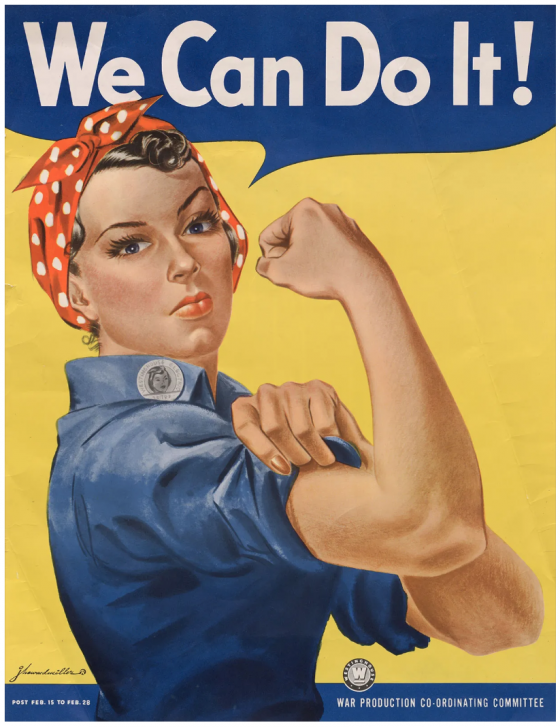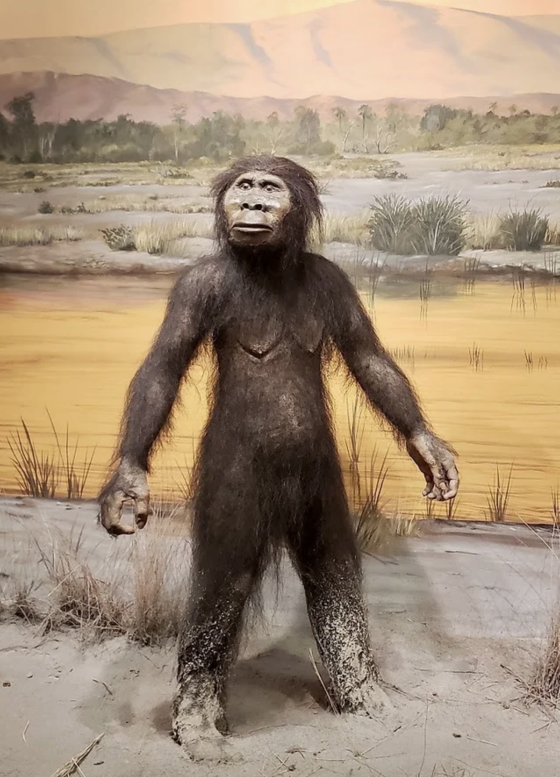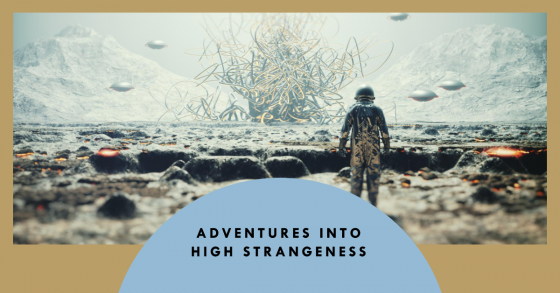
It’s a Father’s Day weekend, and we have a lot to celebrate. My son’s graduation ceremony is on Father’s Day! He earned his doctorate in physics! He is also a great dad to a little girl and his birthday is a day before. It’s a full weekend of joy! Fatherhood can be complicated and all complicated things make great stories. I’ve considered which of my books has the most interesting father story and decided that Mirror Shards must be the one. So I’ve setup a giveaway of that ebook on Amazon for the next 5 days. Happy Father’s Day! When we are young, our conscious thoughts rarely extend beyond the immediate reality of our lives — playing with toys, visiting playgrounds, eating snacks, and receiving love and attention from our parents. Children seldom think beyond the next day or two. The ability to envision a longer future signifies maturation. As we grow older, our mental horizons broaden, we become more aware of the world, develop an interest in others, and learn to plan for the future. Yet, as we age, these horizons often narrow again. Some interpret this as a kind of selfishness of old age, but it truly reflects…






